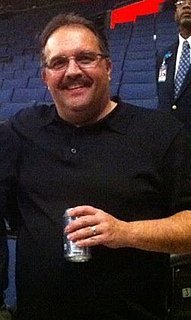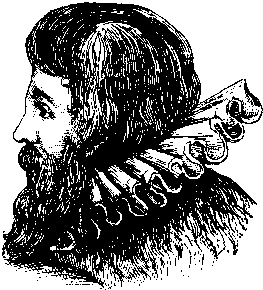A Quote by Michelle Alexander
For those interested in learning more about corporations and private individuals profiting from the caging of human beings, I highly recommend the book "Prison Profiteers: Who Makes Money From Mass Incarceration."
Related Quotes
The war on drugs has been the engine of mass incarceration. Drug convictions alone constituted about two-thirds of the increase in the federal prison population and more than half of the increase in the state prison population between 1985 and 2000, the period of our prison system's most dramatic expansion.
My short stories are so character-based and they're also so private. They're like a private world in each story and I'm getting more and more interested in allowing myself to investigate the big picture about this country, and about human beings, and about the planet, and about the solar system, and about the nature of the material world in general. And I felt like I needed to move into a bigger form.
There is at the moment in the world a battle going on between those who are pursuing materialistic paths-globalizers of economic growth and those hell-bent on this 'big is better' idea-on the one hand, and on the other hand those who are dedicated to spiritual renewal, more small-scale development, more human scale, more sustainability, more crafts and arts. Where human beings are not just sold to companies and money and those kinds of things. Where human beings have a sacred path.
I think it's critically important for people to understand that this system of mass incarceration governs not just those who find themselves in prison on any given day, but also all those who are in jail, on probation or parole, as well as all those who are just months away from being locked up again because they are unable to find work or housing due to their criminal record.
The prison industrial complex, to put it in its crassest term, is a system of industrial mass incarceration. So there's what you call bureaucratic thrust behind it. It's hard to shut off because politicians rely upon the steady flow of jobs to their district that the prison system and its related industries promise.
This generation is different. They are not as interested in chasing money or material possessions. I believe that this generation is more interested in seeking social change and a more just society than any generation since those that brought about the civil rights movement and the struggles for human dignity of the 1960s.

































